Emma Lew is Poet of the Month
Which poets have most influenced you?
Reading Auden and Eliot in high school helped lighten my depression, or at least accompanied me through it. When I started writing poetry in my early thirties, my first teacher, Alan Wearne, read us ‘The Day Lady Died’ by Frank O’Hara. Later, John Forbes got me into Ted Berrigan’s So Going Around Cities and the Sonnets. O’Hara, Berrigan, then Ashbery, Padgett, Hejinian, and Coolidge all shook me up and loosened me up, exploding and extending what I’d understood as ‘poetry’. Other poets who had a strong impact were Yannis Ritsos, Fernando Pessoa, Yves Bonnefoy, John Anderson, Richard Hugo, John Scott, and Gig Ryan.
What circumstances are ideal for writing poetry?
A bit of space and peace are good for writing poetry. I like to feel warm, so a small electric heater should be blowing on my ankles.
Continue reading for only $10 per month. Subscribe and gain full access to Australian Book Review. Already a subscriber? Sign in. If you need assistance, feel free to contact us.


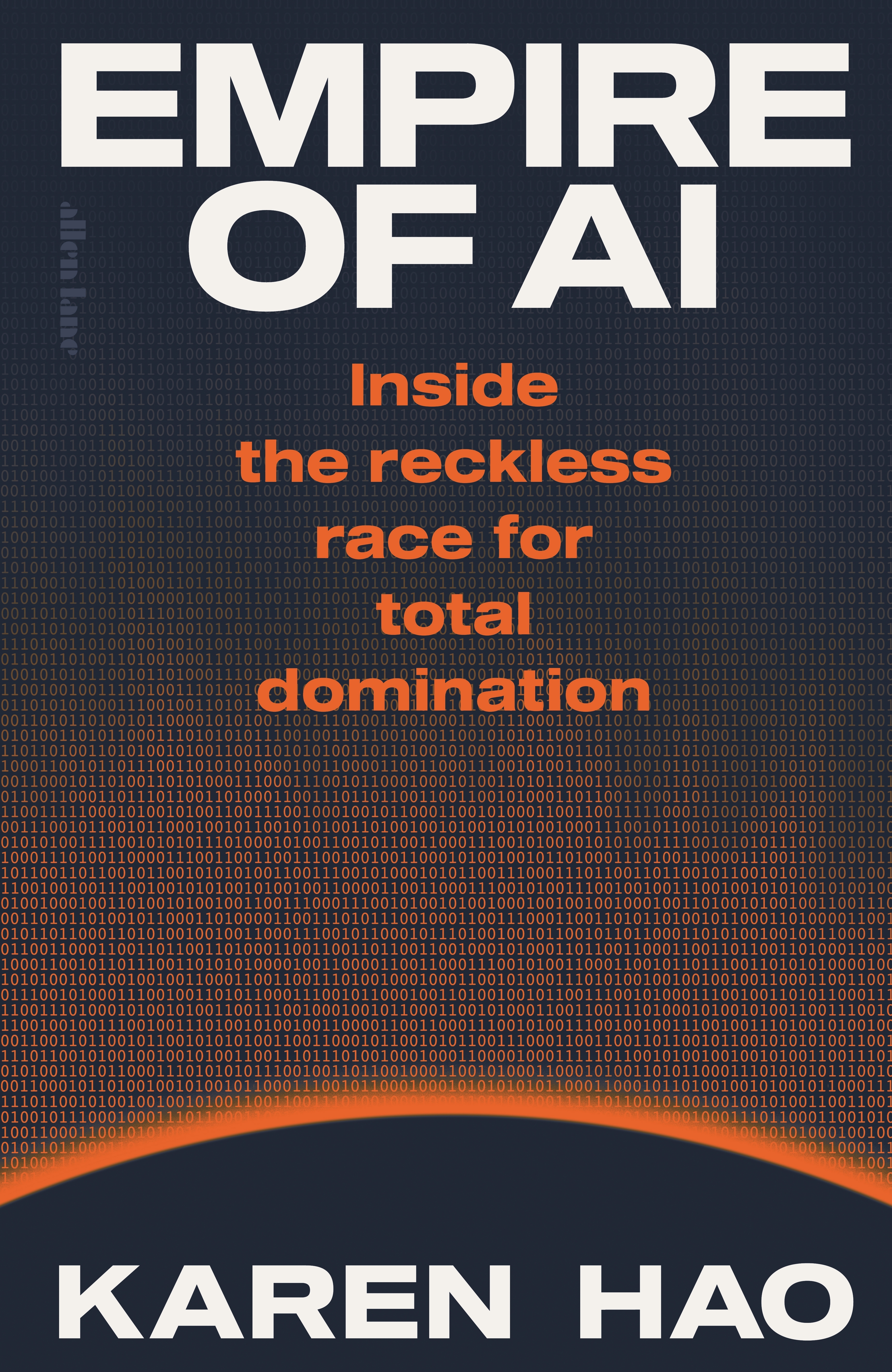
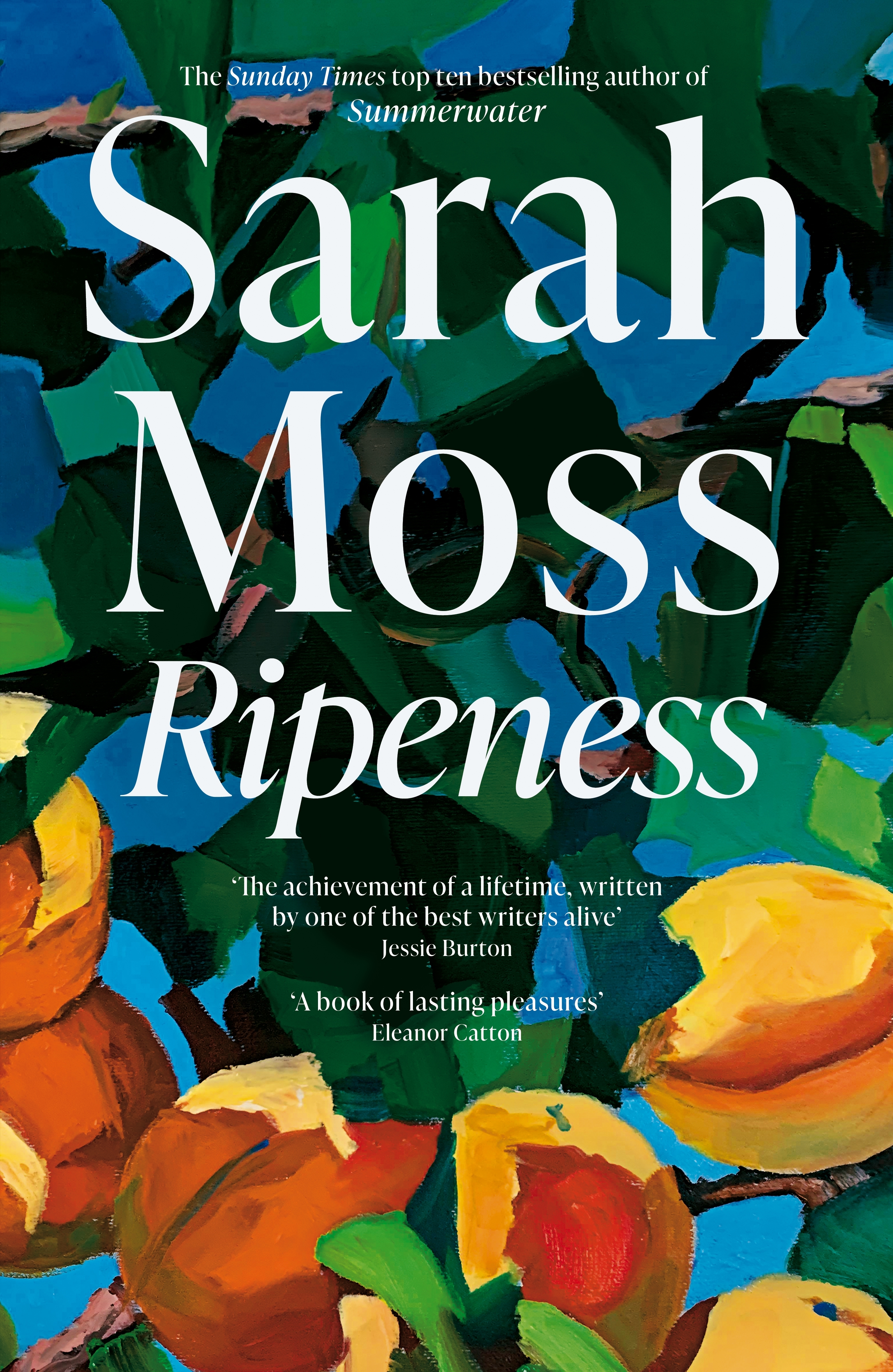

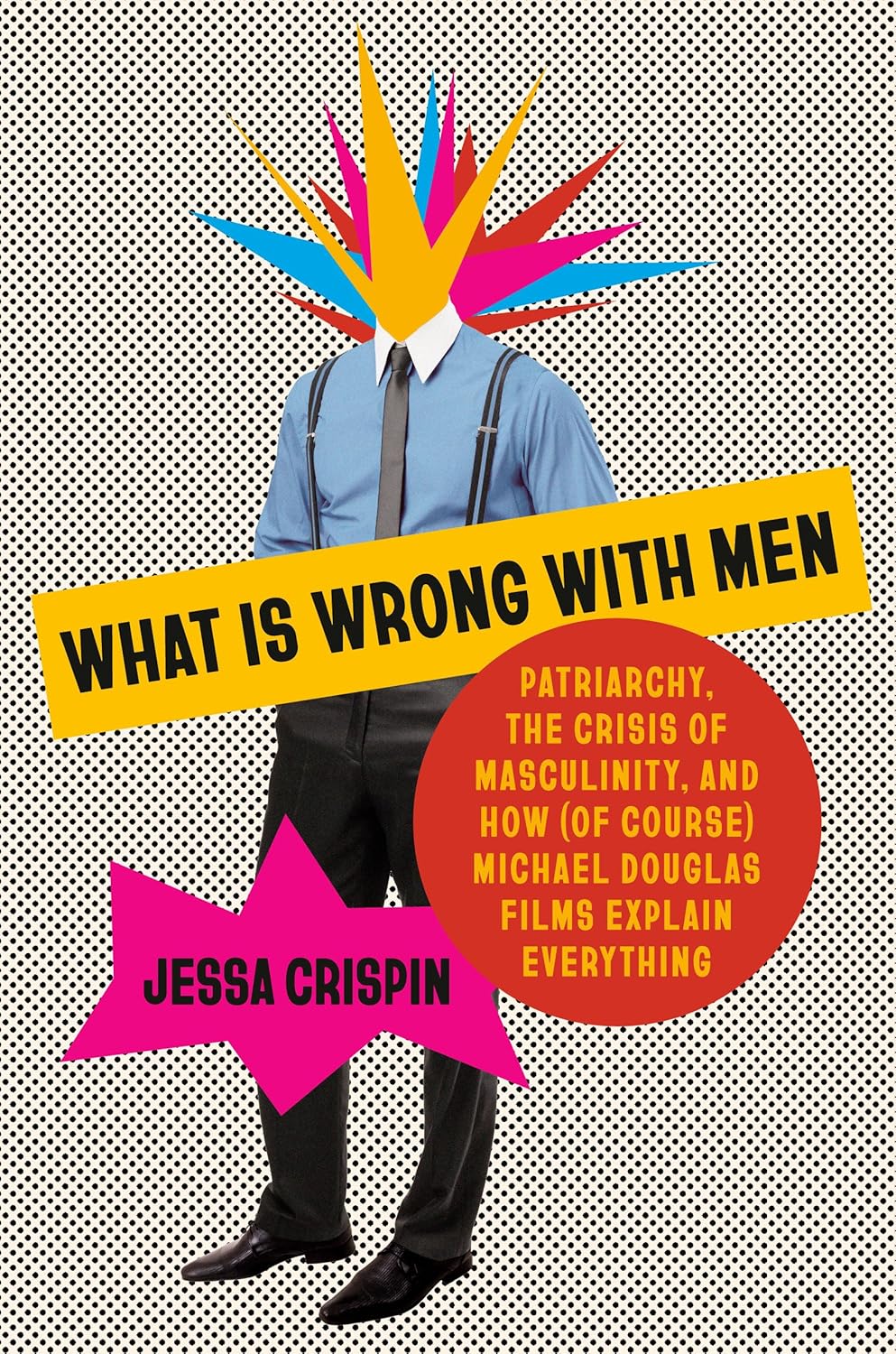
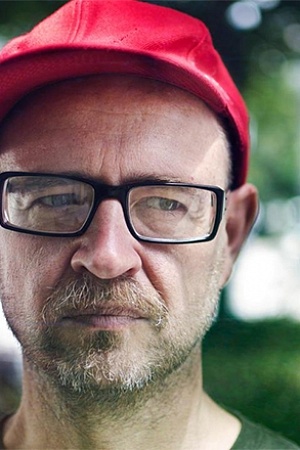
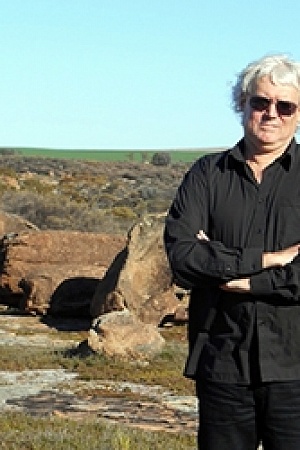

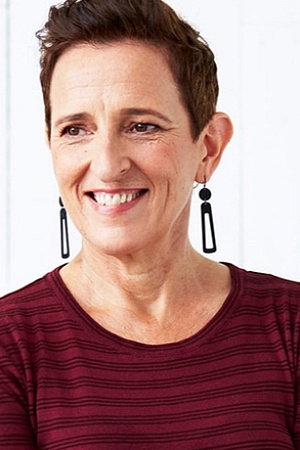
Leave a comment
If you are an ABR subscriber, you will need to sign in to post a comment.
If you have forgotten your sign in details, or if you receive an error message when trying to submit your comment, please email your comment (and the name of the article to which it relates) to ABR Comments. We will review your comment and, subject to approval, we will post it under your name.
Please note that all comments must be approved by ABR and comply with our Terms & Conditions.